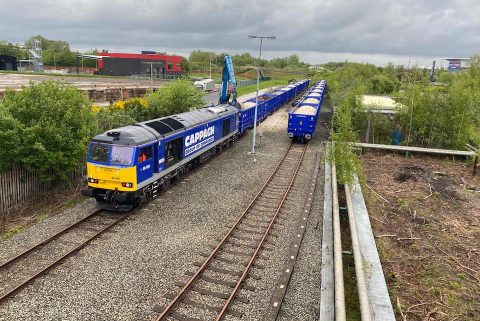Scottish government in dispute with multiple unions, strike looming?

Management and unions seem to be further apart than ever in a series of industrial disputes. Despite optimism last week, the government in Edinburgh appears unlikely to placate unions over a deepening series of disputes. ScotRail sources claim that unions have rejected improved terms, while their opposite numbers say they have not even had time to consider a revised pay offer.
Do you want to read the full article?
Thank you for visiting RailFreight.com. Become a member of RailFreight Premium and get full access to all our premium content.
Are you already a member?
Having problems logging in? Call +31(0)10 280 1000 or send an email to customerdesk@promedia.nl.





With basics, a railway infrastructure, that not even was timely 35 years ago, not at all surprisingly, authorities now are facing troubles.
All other devices, offensively, up grade for higher load capacity, etc., for lower costs. For added capacity at existing investments, for added utilisation, of assets. Now, sooner the better, railways should be upgraded, not just bor being timely, but for robustness, for sustainable meeting with further anticipated competition, from fellow other devices!
Surely this statement is out of date – “ScotRail is also engaged in a bitter dispute with the ASLEF trade union, which represents drivers.”
ASLEF are recommending the ScotRail deal, which includes the revenue-sharing element, to their members. The deal is backdated to include April and May – and for both months the revenue-sharing element will be paid.